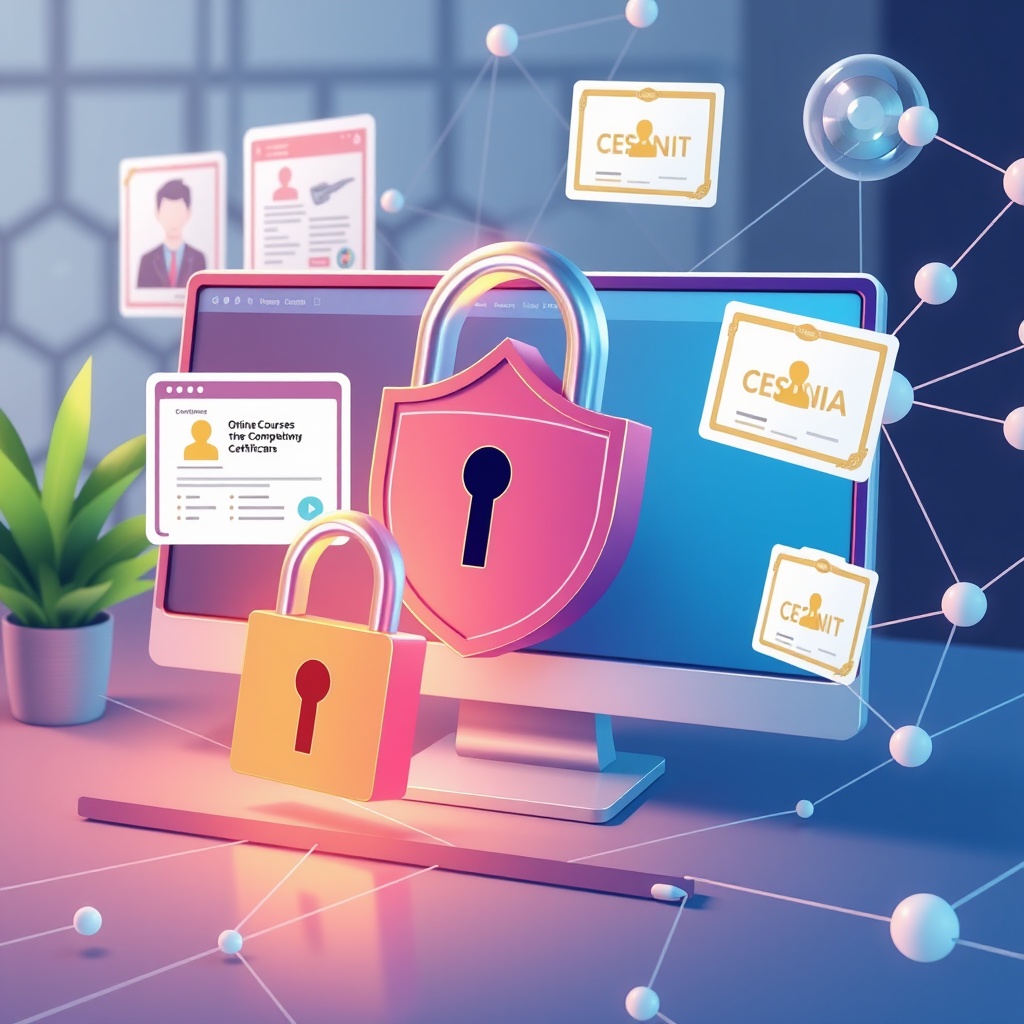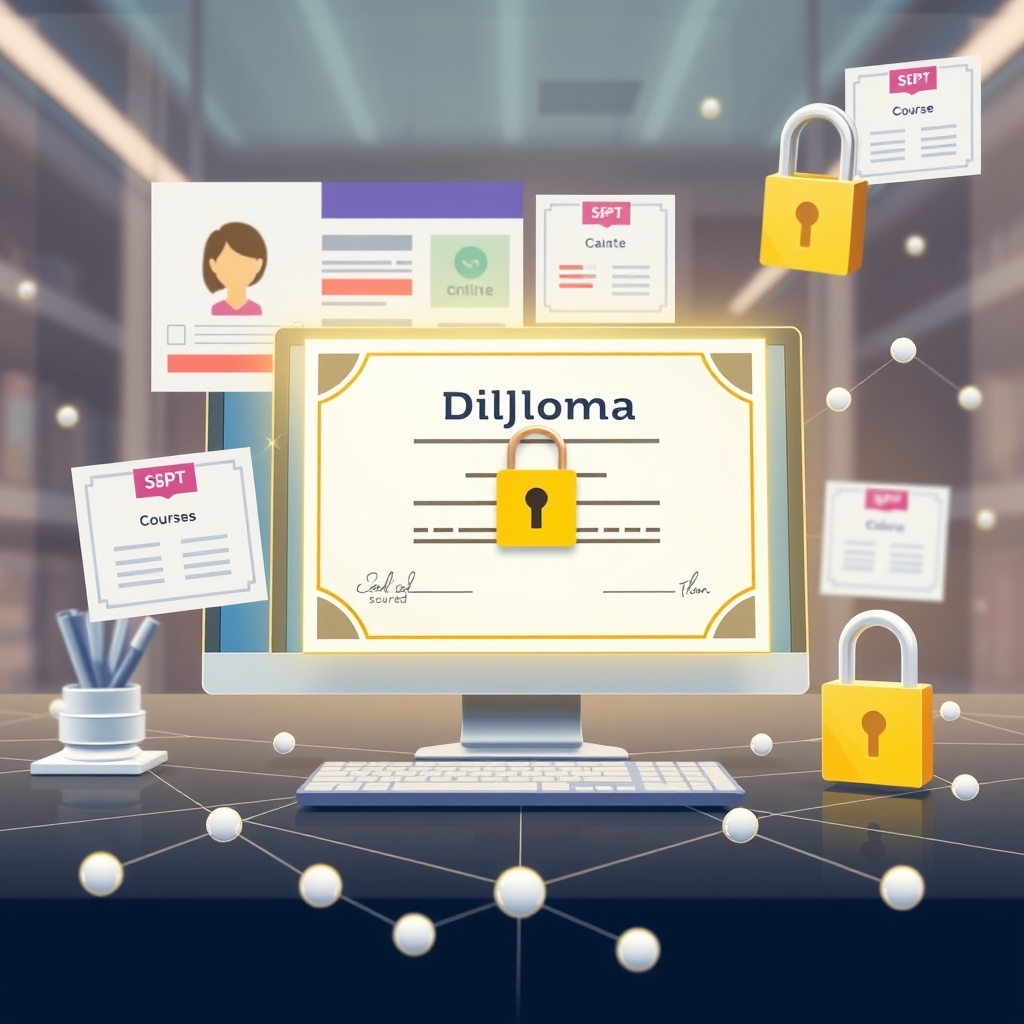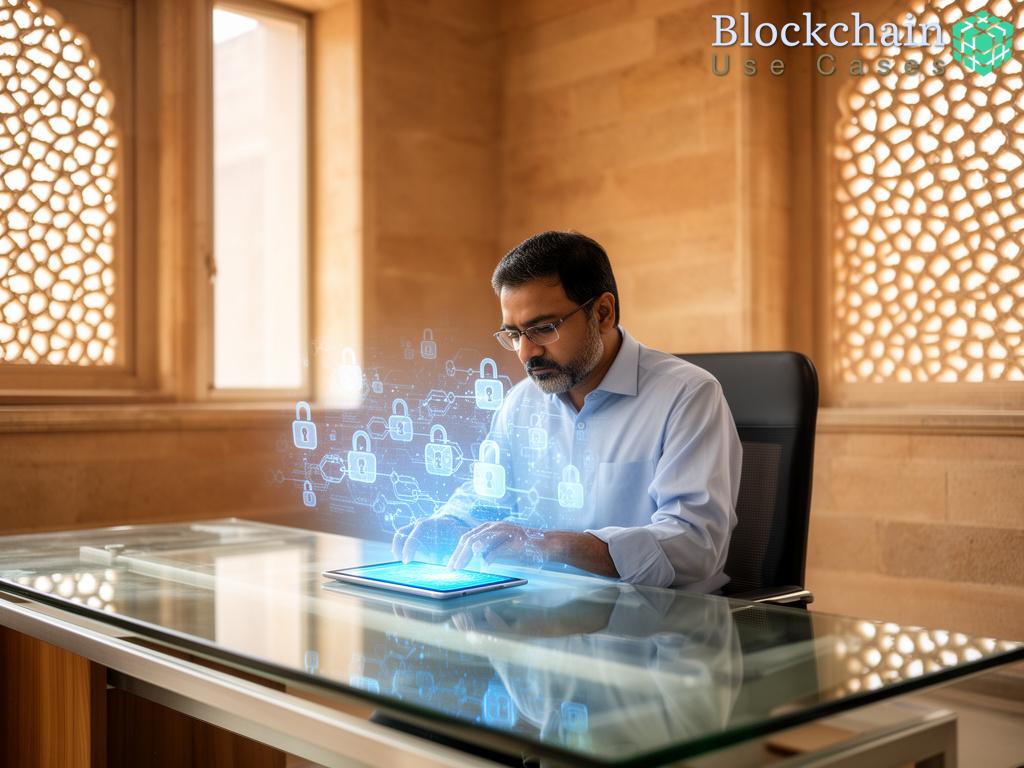The digital landscape of education has undergone a profound transformation in recent years, with online courses gaining unprecedented traction. As the demand for online learning proliferates, so too does the necessity for robust authentication mechanisms that ensure the legitimacy of course completions. Blockchain technology emerges as a game-changer in this arena, offering unprecedented security and transparency in verifying educational credentials.

Utilizing a decentralized ledger, blockchain technology addresses the perennial challenges faced by traditional verification methods, including fraud, misinformation, and bureaucratic delays. This innovative framework not only safeguards the integrity of educational achievements but also fosters trust among employers and educational institutions alike.
At its core, blockchain technology employs a decentralized network of nodes to create a secure and immutable record of transactions. When applied to the realm of online education, this means that every completed course can be recorded as a digital certificate on the blockchain, accessible to all relevant stakeholders. This paradigm shift not only eliminates the risks associated with paper certificates but also streamlines the verification process.
To illustrate the transformative potential of blockchain in educational credentialing, consider the following aspects:
- Decentralization: No single entity controls the blockchain, reducing the risk of manipulation.
- Transparency: All parties involved can access the same data, ensuring consistency in verification.
- Immutability: Once recorded, course completions cannot be altered or deleted, safeguarding against fraud.
- Accessibility: Employers can easily verify credentials online, saving time and resources.
As the job market becomes increasingly competitive, the authenticity of educational credentials is paramount. Employers are actively seeking ways to verify the qualifications of potential hires, and blockchain technology provides a reliable solution. By integrating blockchain into the certification process, educational institutions can enhance the employability of their graduates.
In conclusion, the integration of blockchain technology into the authentication of online course completions is not merely a trend; it is a necessary evolution in the digital age. As this technology matures, we can expect a future where educational achievements are universally recognized and valued, ultimately leading to a more competent and qualified workforce.





